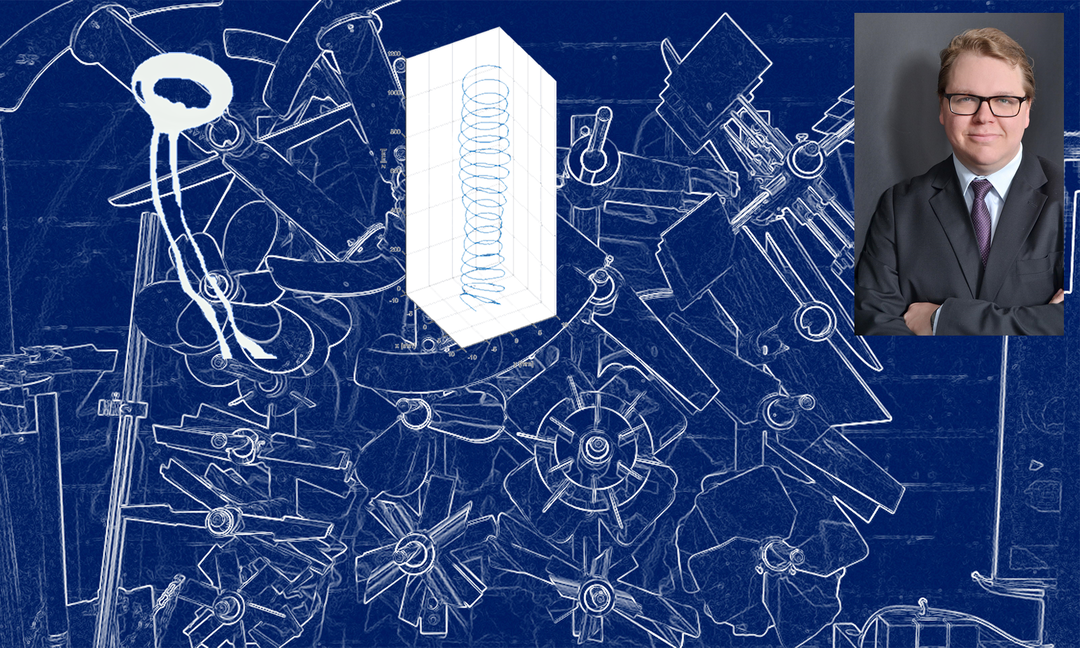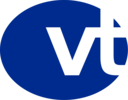Transport phenomena in reactive Newtonian and non-Newtonian multiphase systems
Research concept by Lutz Böhm
My research orientation after the PhD can be summarized under the title "Transport processes in reactive Newtonian and non-Newtonian multiphase systems". Even though this covers a very broad range of topics, it describes my research focus in an all-encompassing way. The focus is clearly on fundamental research, which can be seen from the fact that the successful project proposals have all been submitted to the German Research Foundation (DFG) (for details see also CV). Without being an official applicant, I was also significantly involved in successful applications of the university's internal structural funding and an AiF-ZIM application in collaboration with several "small and medium-sized enterprises".
Most of these applications are projects within the framework of networks (Collaborative Research Centers, Priority Programs, AiF-ZIM), which I consider to be a very desirable form of project work, since often more can be achieved in a group with a wide variety of approaches than when working alone. Nevertheless, individual applications are also enormously important for the further development of one's own ideas and a stronger profiling of the research field.
Based on the keywords in the summary title, I would like to briefly explain what current and future research priorities represent.
"Transport processes" here include energy, momentum and mass transport. Numerical (keyword: Computational Fluid Dynamics) and experimental investigations go hand in hand. In the latter, optical measurement techniques such as particle image velocimetry, laser induced fluorescence or rainbow schlieren are particularly useful tools. In the field of fundamental research, the development of measurement techniques and the investigation of the actual target quantities can rarely be considered separately, since one usually approaches the limits of established measurement techniques.
"Newtonian and non-Newtonian" here is representative of the basis of all measurements in the field of transport processes, namely mass transfer measurements. This includes density measurements, the broad field of interfacial tension, and also rheology, which requires diverse measurement techniques, particularly in the area of non-Newtonian media, in order to be able to describe these fluids with models that are as accurate as possible.
"Reactive multiphase systems" includes systems with at least two phases, where, for example, a transferring component is consumed in a downstream reaction. Here, classical mass transfer correlations are no longer sufficient for description. The investigation of not only global but also local fluid dynamic conditions and local mass transfer phenomena, especially in liquid/liquid or gas/liquid systems, possibly with interfacially active substances, shows a broad research field with diverse apparatus forms to be investigated. As an example, we refer to ongoing and completed projects related to the stirred tank and the bubble column. Additive manufacturing is also playing an increasingly important role, particularly at the apparatus level, as it is now possible to manufacture geometric shapes that could not previously be produced by machining, especially at the corresponding speed. Examples include test series with novel stirrer types in biological stirred tank reactors, which are being investigated as part of the Priority Program SPP1934. In the case of fixed beds and packing columns, too, there is great potential for process intensification through novel internals. The reference to biotechnological topics (e.g. cultivation in the stirred tank, wastewater treatment in the bubble column with membrane filtration) offers further motivation here with specific questions.
Two topics form the large bracket around the various research focal points: Statistical analysis and measurement and control technology.
With ever more advanced measurement technology, for example the development in the field of high-speed cameras, and ever more favorable computing power and storage options, the tendency to generate immense amounts of data is becoming increasingly apparent. However, the path should not stop at Big Data, but it is the task to get to Smart Data with suitable information technology (e.g. physics-guided neural networks) and statistical means (e.g. statistical experimental design). Statistical methods are therefore a necessary means to get from discrete measurements to generally valid models.
Finally, I would like to touch on the topic of measurement and control technology. To generate a statistically necessary amount of data, a sufficient amount of experiments is required. In order to achieve this, the automation of test facilities can contribute more and more due to increasing computing power. From the degree of automation of some plants, also in the context of my projects, it is not a big step more to the integration of the topic robotics into the research everyday life in the process engineering. An example is the automatic carrying of a camera during the ascent of a bubble based on live evaluation of the image data or the automatic traversing of defined measuring points in an apparatus with a measuring probe. In the future, I would like to devote more attention to the topic of robotics in process engineering and improve the support of researchers in everyday research with the help of cobots (collaborative robots), among other things. This is not about replacing humans in the laboratory, since the "procedural mind" cannot be replaced here, but about taking over repetitive routine tasks and possibly expanding the parameter space, since in the best case more experiments per time unit are possible.
_______
Extract from the CV:
Officially (co-)acquired third party funding (since 2016) approx. 1,7 M€ (unofficially involved approx. +0.3 M€)
Official (co-)principal investigator DFG Gepris
- SPP1740 “Mass transfer of rising gas bubbles in reacting liquids” (2nd funding period)
- SPP1934 “Interaction of mechanical stresses and productivity of biological agglomerates in (aerated) stirred fermenters” (1st & 2nd funding period)
- SFB/TR63 A10 “Gas/liquid mass transfer in reactive multiphase systems” (3rd funding period)
- DFG Research Grant “Spatially resolved measurement of transient concentration and temperature fields using Schlieren and LIF technique”
Furthermore supervision of
Joint project Sens-O-Mix; part 4: Modelling of suspensions
Optimization of biogas production aiming at maximizing the energyproduciton by anaerobic treatment of sugar beet pulp
Experimental und CFD-based investigation of mechanical stress on filementous micro organisms in stirred tank reactors


